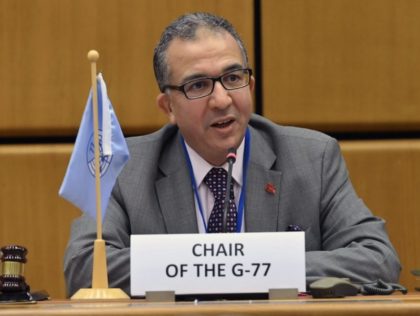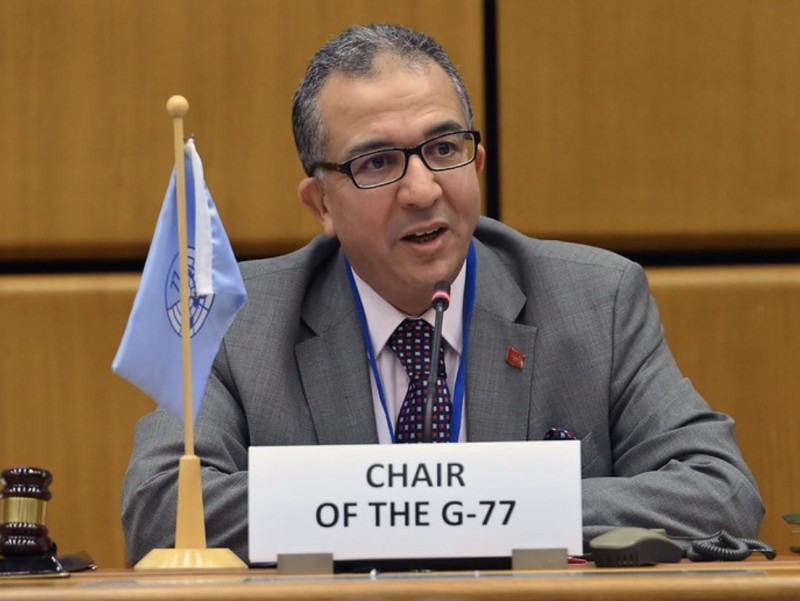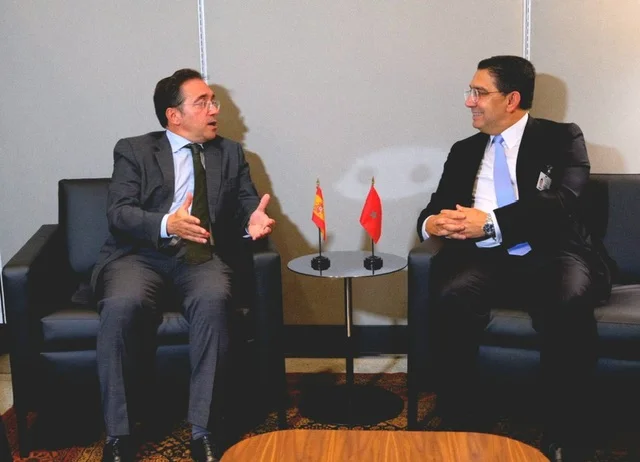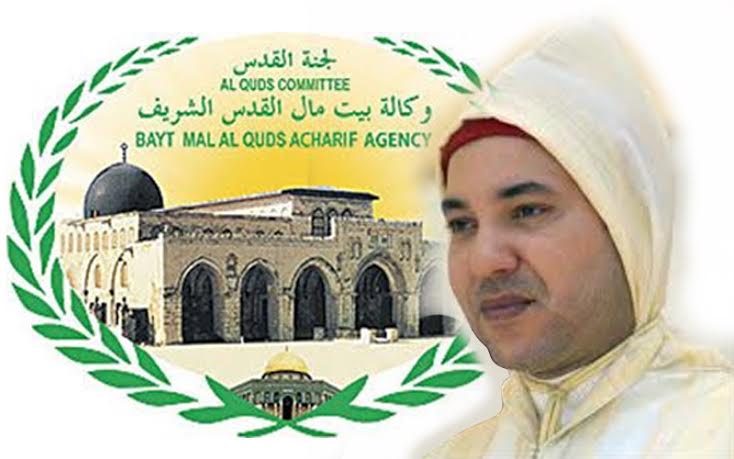 The G77 Vienna Chapter, whose chairmanship is held by Morocco, reaffirmed Monday that the fight against the global scourge of drugs is a common and shared responsibility that should be assumed in a multilateral framework through an effective, concrete and increased regional, sub-regional and international cooperation.
The G77 Vienna Chapter, whose chairmanship is held by Morocco, reaffirmed Monday that the fight against the global scourge of drugs is a common and shared responsibility that should be assumed in a multilateral framework through an effective, concrete and increased regional, sub-regional and international cooperation.
This cooperation needs to be based on an integrated, multidisciplinary, mutually reinforcing, balanced, science-based and comprehensive approach to promote and protect the health, safety and welfare of all humanity, the chapter insists, in a statement delivered by Ambassador Azzeddine Farhane, Permanent Representative of Morocco in Vienna, in his capacity as Chairman of the G77 Vienna Chapter, under item 3 of the general debate of the 65th session of the UN Commission on Narcotic Drugs.
The Group stresses the importance of international cooperation, capacity-building initiatives, programs and activities, provision of equipment, technology and technical assistance, particularly for developing countries, to ensure that States have sufficient resources to address the global drug problem.
The Group also reaffirms that the Single Convention on Narcotic Drugs of 1961, as amended by the 1972 Protocol, the Convention on Psychotropic Substances of 1971, the United Nations Convention against Illicit Trafficking in Narcotic Drugs and Psychotropic Substances of 1988, and other relevant international instruments are the cornerstone of the international drug control system.
The Moroccan diplomat reiterated the Group’s unwavering commitment to ensuring that all aspects of demand reduction and related measures, supply reduction and related measures, and international cooperation are addressed in full conformity with the purposes and principles of the United Nations Charter, international law and the Universal Declaration of Human Rights, with full respect for the sovereignty and territorial integrity of States and the principle of non-intervention in the internal affairs of States, the respect of all human rights, fundamental freedoms, the inherent dignity of all individuals and the principles of equal rights, and mutual respect among States.
The Group also emphasizes the need to promote sustainable and adequate resources for UNODC (United Nations Office on Drugs and Crime) to strengthen its capacity-building initiatives, programs and activities, in particular for developing countries upon their request, including the provision of equipment, technology and technical assistance.



